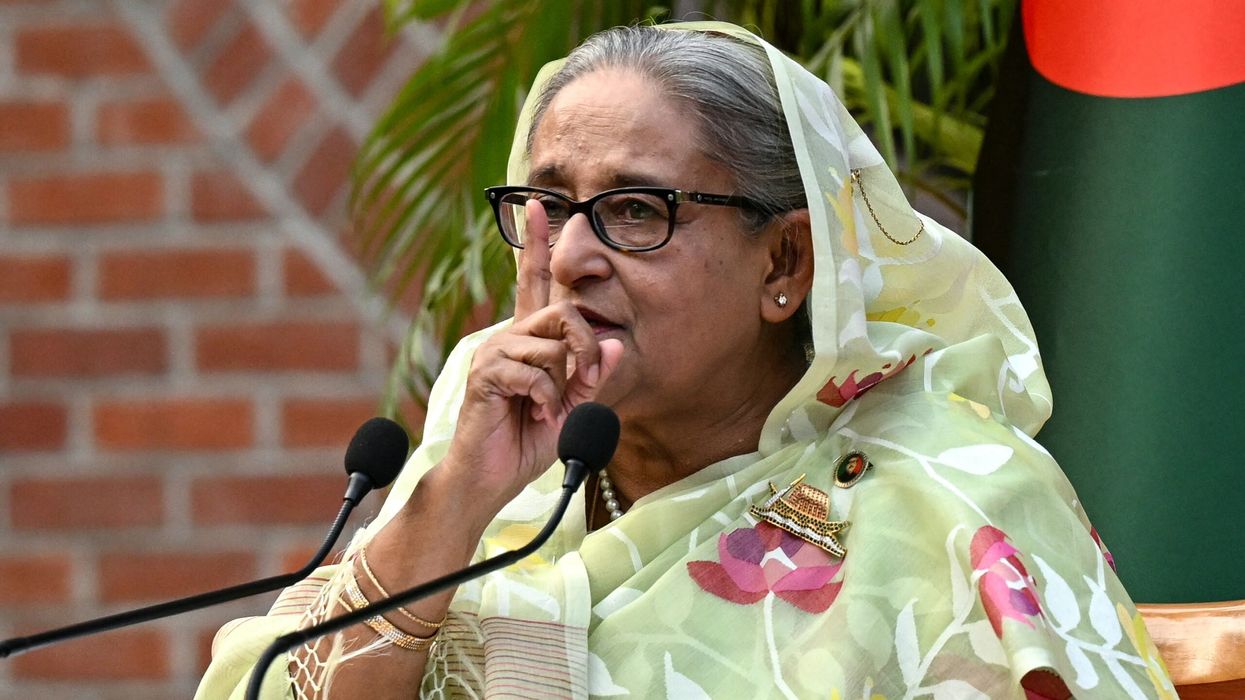AN Asian ambassador for the Prince's Trust has been chosen as one of the 2019 Maurice R. Greenberg World Fellows at Yale University, it was announced this weekend.
Nizam Uddin, the senior head of Mosaic and community integration at The Prince’s Trust, was one of 16 others to be handed the honour from the prestigious institute.
Uddin joins a network of 346 Fellows representing 90 countries.
Speaking to Eastern Eye, Uddin said he hoped to focus on many themes including “social integration, racial equity, international social mobility and the advancement of minorities in society.”
He added: “I am thrilled to be in a position where I can share my own story of how a young boy from Tower Hamlets, East London now finds himself in one of the best universities in the world, and how this ambition is a possibility for so many more talented young people across the country.”
The mission of World Fellows is to cultivate and empower a network of globally engages leaders committed to making the world a better place.
This year marks the 18th cohort of World Fellows.


















